In the ever-turbulent seas of technology, AI's role in coding is turning from a gentle wave into a roaring tsunami. Emad Mostaque, the illustrious captain at the helm of Stability AI, once peered into his crystal ball and saw a future so audaciously tech-infused that it left many of us wondering if humans would soon be the sidekicks in the gripping superhero saga of coding. This thought alone is enough to jolt any coffee-powered developer out of their ergonomic chair. It poses a thrilling yet somewhat eerie question: What does the future hold for those of us who dream in lines of code?
The Preface to a New Chapter – AI and Coding
Imagine for a moment that your future self sends you a postcard from the year 2030, and it reads, "Coding is no longer just for humans". That's essentially the kind of intrigue we're diving into here. We're not just talking about AI dabbling its virtual toes in the serene lake of programming – we're discussing a full-on backflip dive. The chat around the technological water cooler is filled with tales of AI's growing dominance in programming, backed by not one, not two, but a trio of technological heavyweights. We're looking at you, ChatGPT, Copilot, and AlphaCode.
These AI mavens are not just matching but outshining our human coder friends in puzzle-solving and bug-fixing duels. It's as if we've entered a talent show where the AI contestants are pulling rabbits out of digital hats, leaving the human audience both amazed and, let's face it, a tiny bit green with envy. The implications of this are profound, stretching far beyond the competition of man versus machine. We're witnessing a fundamental shift in how code is crafted and the very nature of creative problem-solving.
A New Era Beckons: The Democratization of Coding
Just when you thought the future of coding might just involve cheering on our AI overlords from the sidelines, the plot thickens. Enter the age of "no-code" and "low-code" platforms. These nifty tools are changing the game, turning programming from an exclusive club with a secret handshake into a neighborhood block party where everyone's invited. Suddenly, your neighbor, who can't differentiate JavaScript from Java coffee, can whip up a functional app before breakfast.
Generative AI is the party planner in this scenario, laying out the tools and snacks, making coding approachable, thus opening doors for the curious minds across various fields to dabble, innovate, and ideate. It's not about ousting human programmers but rather giving them a plus one to the party. These platforms empower users with varying expertise to bring their unique perspectives to development, potentially disrupting industries by enabling rapid prototyping and iteration. The playing field is leveling, and this increased accessibility is set to unleash a wave of creativity and entrepreneurship like never seen before.
The Unshakable Pillar – Why Learning to Code Still Rocks
Sure, AI might be the new kid on the block, flipping coding norms on their head, but let's not ready our goodbyes to coding education just yet. There's something timeless about the logic, the problem-solving, the sheer elegance of a well-constructed loop or a snappy function that AI can't replace. Learning to code is less about memorizing syntax and more about training your brain to think differently, to break down problems, to communicate with precision. It's this foundational skill set that makes humans indispensable team members in the AI-human coding brigade.
Think of coding as learning to drive. Just because your car has an excellent navigation system doesn't mean you won't benefit from understanding how to navigate a map. Similarly, knowing the ins and outs of coding gives you the upper hand in steering AI to achieve your creative vision. There exists an undeniable beauty in the craft of coding that goes beyond utility—it's a form of expression, a manifestation of human intellect and imagination that machines are yet to replicate completely. Coding is a kind of literacy in the digital age, and learning it equips us with the vocabulary to converse with the future.
The Rise of the Hybrid Coders
Speaking of teams, the future coding dream team is looking quite diversified with the advent of hybrid coders. These are not your average coders. These are the superheroes of the coding world, equipped with the power of AI to enhance their problem-solving prowess, speed, and creativity. Imagine a world where debugging doesn't send you spiraling into a vortex of despair but is just a mere inconvenience, thanks to your AI sidekick.
This partnership between human and artificial intelligence doesn't just level up productivity; it redefines it. The hybrid coder doesn't just build software; they craft pieces of technological art, where the lines of code are the brushstrokes of innovation. They work symbiotically with AI, harnessing its data-crunching might and their own strategic insights to concoct solutions of unprecedented complexity and elegance. This is the dawn of a new breed of coders—ones who are not only adept at writing code but also at orchestrating the formidable capabilities of AI.
Beyond the Code – The Ripple Effects of AI in Coding
As our narrative draws to a close, it's clear that AI's role in coding isn't just a fleeting trend. It's a robust undercurrent poised to reshape not just how we code but why we code. By democratizing access to coding, we're not just opening doors for technological advancements; we're inviting a diverse chorus of voices to join the innovation symphony.
This broader spectrum of coders, armed with AI tools, has the potential to tackle some of the most pressing challenges of our time. From climate change to healthcare, the fusion of human ingenuity and artificial intelligence may well be the catalyst we need to spearhead a future that's not only technologically advanced but also inherently more collaborative and inclusive. The ripple effects of AI in coding reach far and wide, potentially sparking a renaissance of innovation across numerous fields. As these tools become more refined and integrated, we anticipate a surge in novel applications that could redefine the way we approach everything from education to infrastructure.
The Grand Finale
In sum, the evolving role of AI in coding is a narrative brimming with potential, promise, and a dash of unpredictability. It's a journey from AI-enhanced coding to the dawn of hybrid coders and beyond. This story isn't about machines taking over but about machines and humans joining forces, each amplifying the other's strengths. As we stand at the precipice of this new era, one thing is clear: the fusion of AI and human creativity in coding is not just rewriting the rules of programming; it's sketching the blueprint for a future where technology is as inclusive as it is innovative. So, dear reader, dust off your keyboard, embrace the AI wave, and let's dive headfirst into this exhilarating chapter of the coding saga.
The tapestry of the future is a complex weave of human imagination and mechanical precision, where each thread spun by AI harmonizes with the colorful strands of human insight. The burgeoning alliance between programmers and their AI cohorts has set the stage for an unprecedented era of co-creation, where the combined potential of human and machine is just beginning to be tapped. Thus, the coding profession looks not towards an end but branches out, diversifying into specialties that conjugate the technical with the creative, the logical with the intuitive.
In embracing this evolution, the role of the coder expands exponentially. Rather than being confined to the cubicles of syntax and semicolons, the coder becomes an architect of the future, an orchestrator of a digital symphony that plays the tune of progress. AI enriches this melody, adding layers of complexity and harmony that could only be achieved through this partnership.
This epic tale of coding and AI is painting a horizon lush with innovation, spurring dialogue amongst skeptics and enthusiasts alike about the nature of work, creativity, and the human essence in the digital age. As this dialog flows, it fosters a more profound understanding that these tools are merely extensions of ourselves, lending us their tireless strength and lightning-fast cognition, while we guide them with our values, ethics, and vision.
Ultimately, the era of AI-augmented coding illuminates a path toward a more enlightened approach to technology – a future where our digital creations are not solely measured by their efficiency or computational prowess but by the depth of their humanity and their capacity to enhance our lives. It's a challenging and exhilarating frontier that beckons us all to participate, to learn, and to co-create with the digital genies we've unleashed.
So, to the coders, the dreamers, the makers – whether today finds you pecking at a keyboard or dictating to your AI assistant – the journey ahead is one of collective ambition, boundless imagination, and the courage to redefine the possible. With the marriage of human creativity and AI's raw power, the story of coding continues to unfold in fascinating, unpredictable ways. Onwards we sail into this bold new world, hearts alight with codes yet to be written, worlds yet to be built, and dreams yet to be realized. Let the next chapter begin.
ㅤ





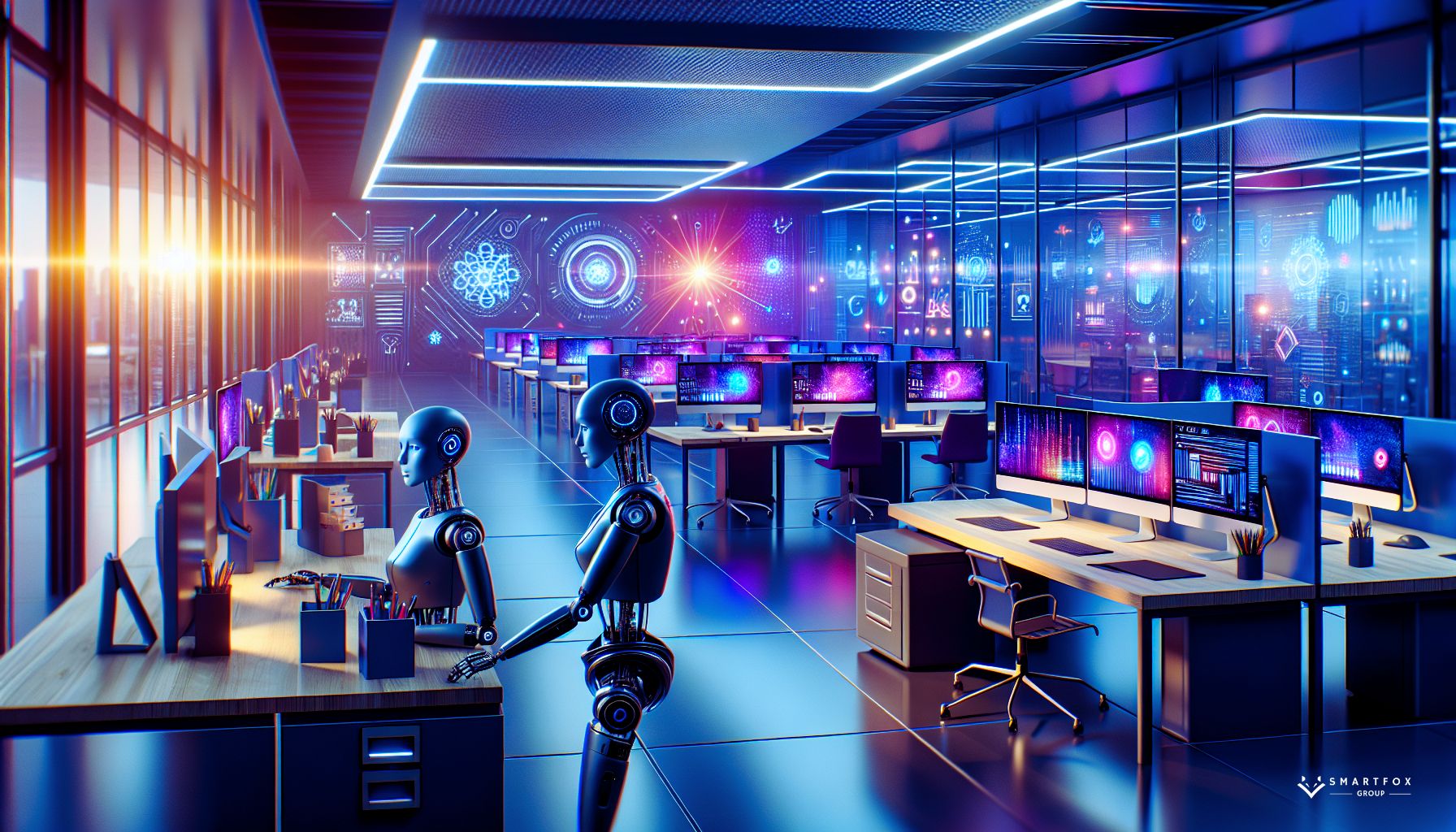

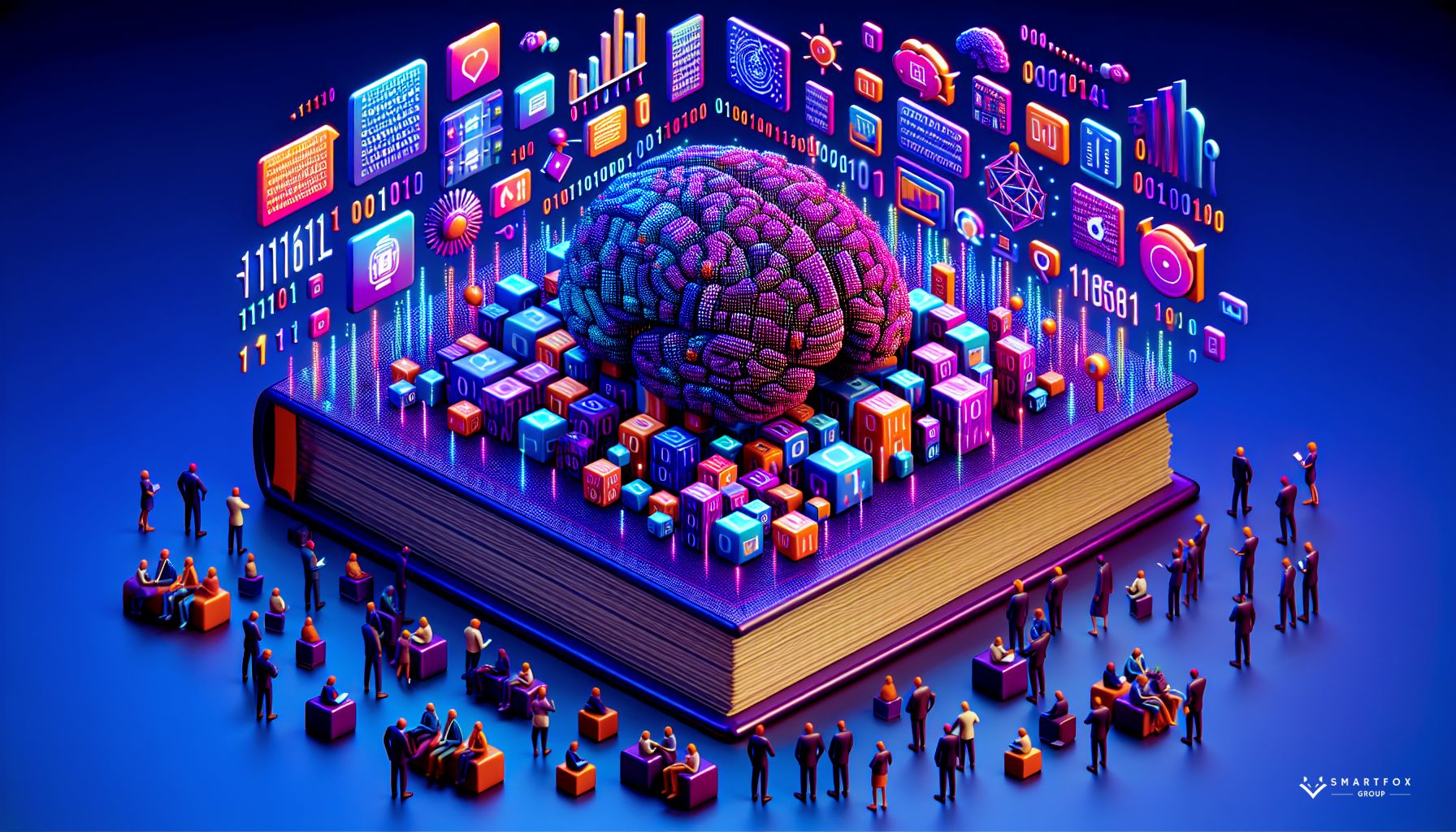
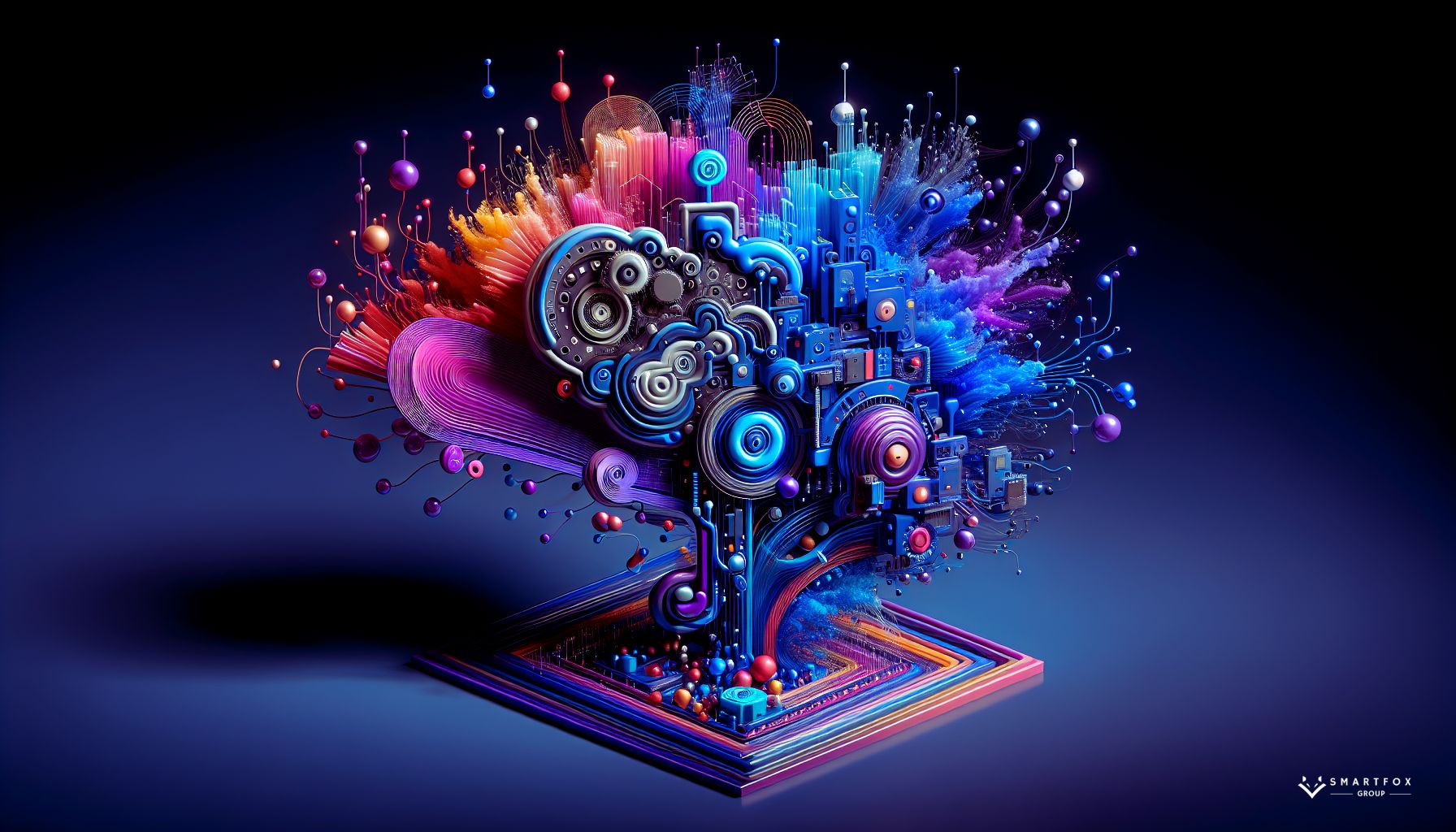
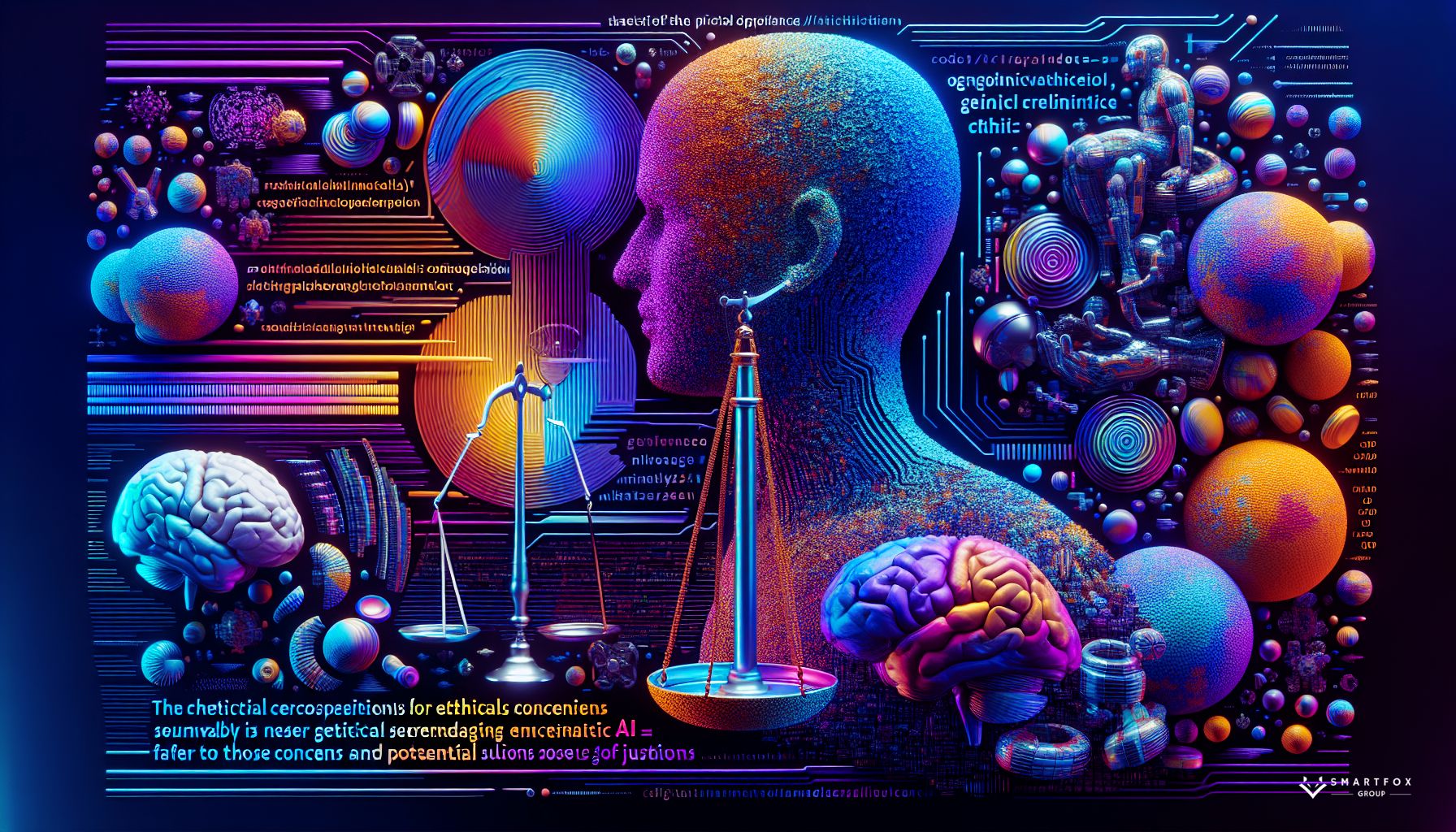
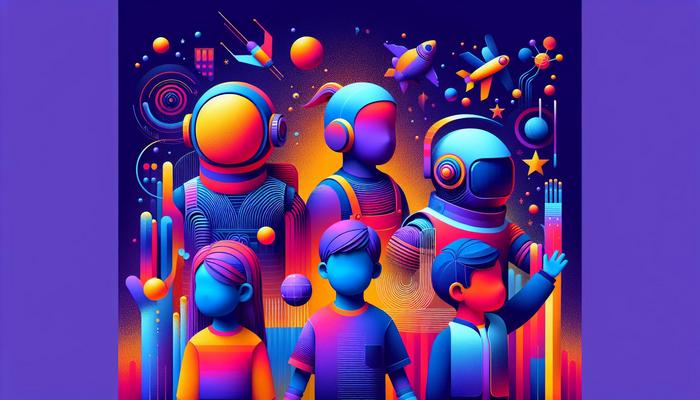
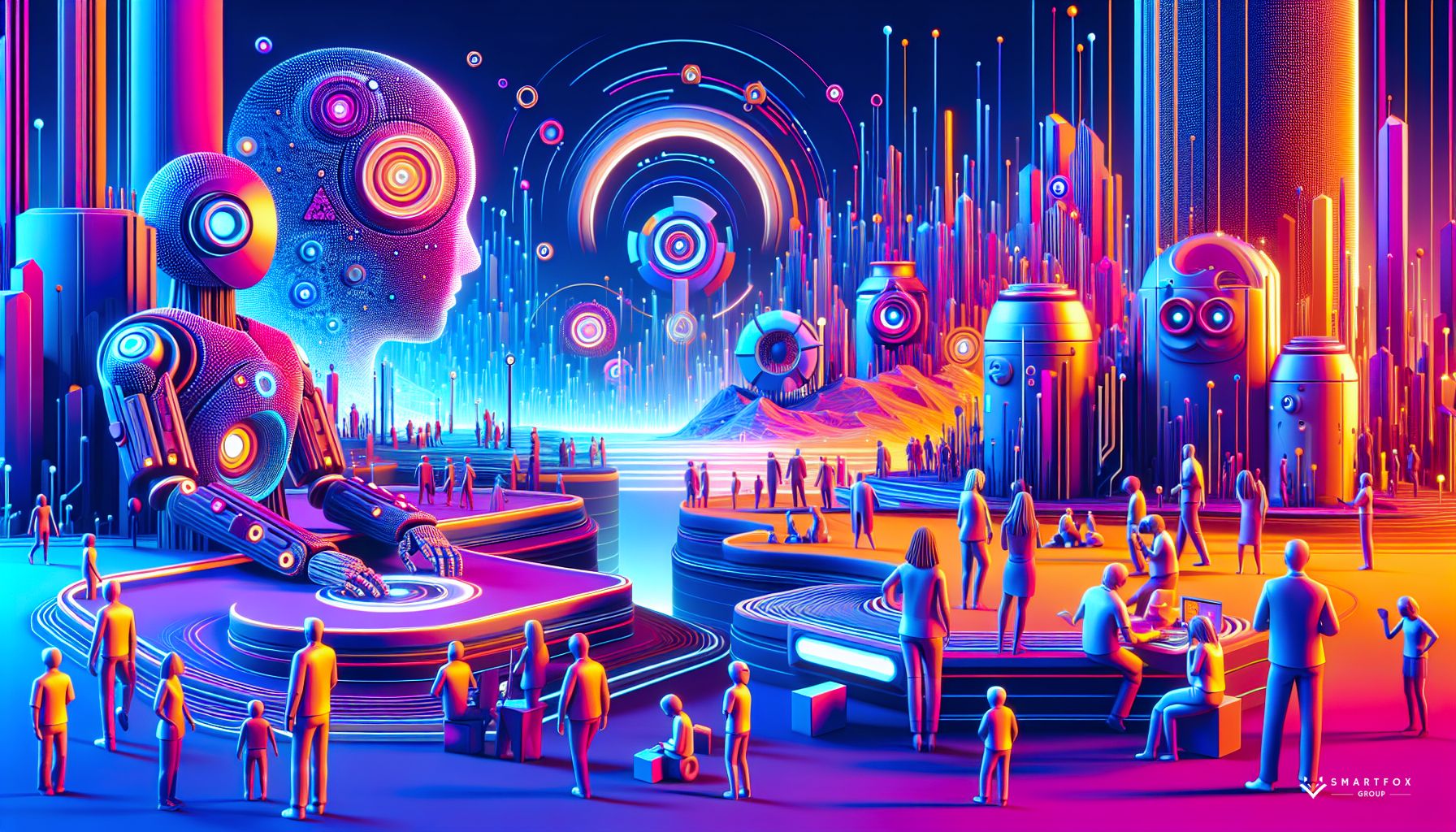
0 Comments